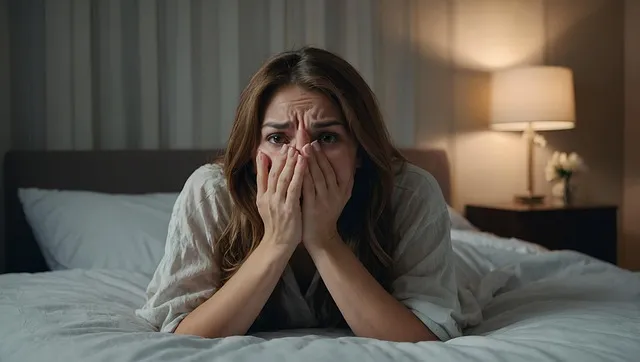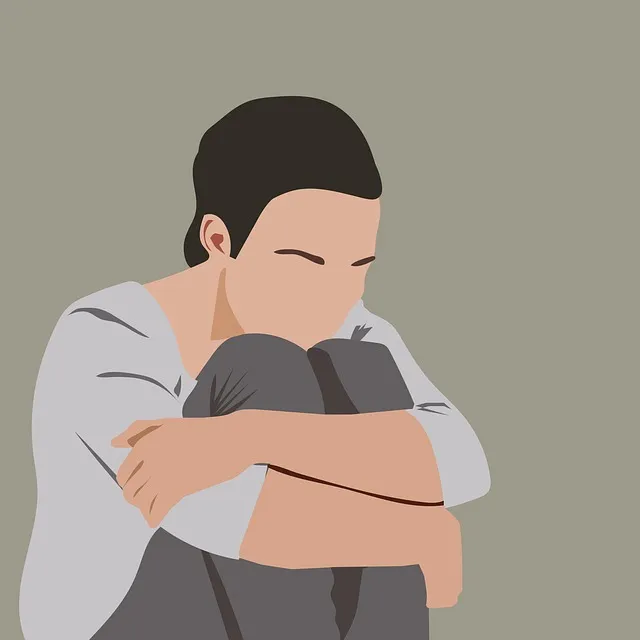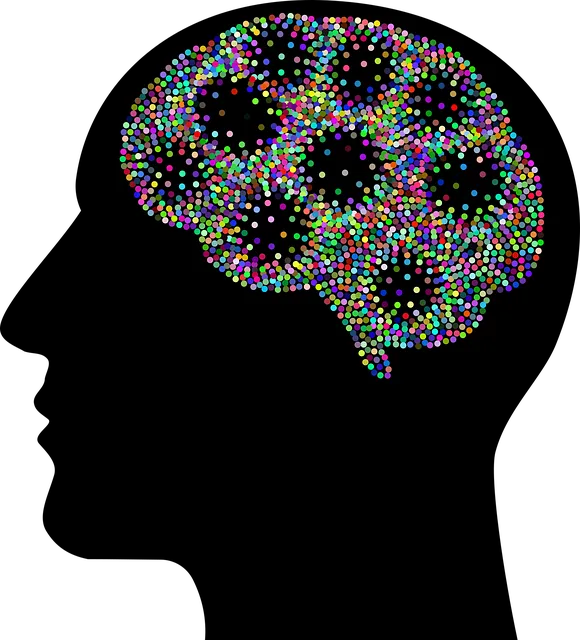The media's portrayal of mental illness significantly shapes public understanding, with accurate and empathetic depictions reducing stigma and encouraging help-seeking behaviors. The Centennial Kaiser Permanente mental health facility highlights the need for nuanced representations, advocating for everyday struggles and positive narratives. They promote this through specialized services, support groups, and training, revolutionizing mental healthcare access and education. Positive media representation, incorporating diverse experiences and expert validation, can dispel stigma and inspire hope, fostering a more compassionate society. Collaboration between media, healthcare professionals, and advocates is crucial for accurate portrayals, destigmatization, and public access to reliable mental health information.
Mental illness representation in media significantly impacts public perception and understanding of mental health. This article explores how media portrays mental disorders, focusing on both the challenges and potential solutions. We delve into the current state of public opinion, highlighting the influence of media stereotypes. A key player in challenging these narratives is the Centennial Kaiser Permanente Mental Health Facility, which has been at the forefront of promoting accurate representation. Effective strategies for enhancing positive mental health depiction in media are discussed, emphasizing collaboration between media outlets, healthcare professionals, and community advocates.
- Understanding the Impact of Media Portrayal on Mental Health Perception
- Exploring the Current State: How Media Shapes Public Opinion on Mental Illness
- The Role of Centennial Kaiser Permanente Mental Health Facility in Challenging Stereotypes
- Effective Strategies to Enhance Positive Mental Health Representation in Media
- Fostering Change: Collaboration Between Media, Healthcare Professionals, and Community Advocates
Understanding the Impact of Media Portrayal on Mental Health Perception

The media’s portrayal of mental illness significantly shapes public perception and understanding of various psychological conditions. This influence is particularly pronounced in societies where access to mental health services, such as those available at the Centennial Kaiser Permanente mental health facility, may be limited. Accurate and empathetic representation in media can challenge stereotypes, reduce stigma, and encourage help-seeking behaviors. Conversely, negative or misinformed portrayals can lead to misconceptions, causing individuals to internalize harmful narratives and delay or avoid necessary treatment.
Media acts as a powerful tool for both spreading awareness and perpetuating misinformation. By presenting mental illness as multifaceted and treatable, with programs like Social Skills Training, Mental Wellness Coaching, and Mindfulness Meditation gaining recognition, media can foster an environment conducive to open dialogue and support. This shift in perception is essential for encouraging individuals to prioritize their mental wellness and seek professional help when needed.
Exploring the Current State: How Media Shapes Public Opinion on Mental Illness

Media plays a pivotal role in shaping public perceptions and understanding of mental illness, often influencing how society views and treats individuals dealing with these challenges. The current narrative surrounding mental health in media is a complex one; while there has been progress in recent years, many stereotypes and misconceptions still persist.
The Centennial Kaiser Permanente mental health facility, for instance, highlights the need for more accurate representation. Traditional media often portrays mental illness as rare or sensationalized, focusing on extreme cases rather than the everyday struggles of those affected. This can contribute to stigma and make it harder for individuals to seek help. Conversely, promoting positive representations through self-care routine development and sharing mind over matter principles can foster a more supportive environment. By showcasing real stories, advocating for better communication strategies, and providing resources, media has the power to empower those with mental health challenges and encourage empathy among the public.
The Role of Centennial Kaiser Permanente Mental Health Facility in Challenging Stereotypes

The Centennial Kaiser Permanente Mental Health Facility plays a pivotal role in challenging and reshaping stereotypes surrounding mental illness. As a leading healthcare provider, it leverages its expertise and resources to promote accurate representation in media. Through comprehensive programs and initiatives, the facility aims to educate the public about various mental health conditions, dispel myths, and foster empathy. By offering specialized services and support groups, they empower individuals with mental illness to share their stories authentically.
This approach extends beyond clinical care; it involves investing in cultural competency training for healthcare providers. Such training equips them with the skills to understand and address the unique needs of diverse patients. Additionally, the facility encourages open conversations about stress management and mood management techniques, highlighting that these are essential aspects of overall well-being. This holistic strategy not only improves access to quality mental health care but also fosters a more inclusive and supportive society.
Effective Strategies to Enhance Positive Mental Health Representation in Media

Media plays a pivotal role in shaping public perception about mental health. To foster a more inclusive and understanding society, it’s essential to promote positive representation of mental illness narratives. The Centennial Kaiser Permanente mental health facility serves as an exemplary model for this shift, demonstrating that media can be a powerful tool in Depression Prevention and Burnout Prevention strategies for Healthcare Providers. By featuring diverse individuals’ experiences, regardless of their diagnosis or recovery stage, media can dispel stigma and offer hope to those facing similar challenges.
Effective Strategies to enhance this representation involve integrating Mental Health Education Programs Design into content creation processes. This includes employing diverse writers and producers who can bring authentic voices to the screen, ensuring accurate portrayals of symptoms, treatments, and recovery journeys. Moreover, involving mental health professionals in advisory roles helps validate stories and provides educational value to audiences. Through these approaches, media has the potential to revolutionize public discourse on mental health, contributing significantly to a more compassionate and supportive society.
Fostering Change: Collaboration Between Media, Healthcare Professionals, and Community Advocates

Collaboration between media outlets, healthcare professionals, and community advocates is a powerful strategy to foster positive change in how mental illness is represented. By joining forces, these entities can challenge stereotypes and misconceptions prevalent in the media, which often contribute to the stigma surrounding mental health issues. The Centennial Kaiser Permanente mental health facility serves as a testament to such collaborations, where healthcare experts work alongside media professionals and community leaders to create impactful content that promotes understanding and Trauma Support Services for individuals struggling with mental illness.
Through joint efforts, they can develop more nuanced and accurate portrayals of mental health in film, television, and news media. This collaboration extends beyond creating balanced narratives; it involves advocating for Mental Illness Stigma Reduction Efforts and ensuring that the public has access to reliable information about various mental health conditions. By engaging with communities, raising awareness through Mental Health Awareness campaigns, and sharing personal stories, they can help destigmatize mental illness and encourage individuals to seek necessary support.
The representation of mental illness in media has significant implications for public perception and understanding. By examining the current state of media portrayal and its impact, we identify a pressing need for more accurate and nuanced depictions. The Centennial Kaiser Permanente Mental Health Facility serves as a beacon of hope, challenging stereotypes through its commitment to positive representation. Effective strategies, including collaboration between media outlets, healthcare professionals, and community advocates, can drive much-needed change. Together, we can create a media landscape that fosters empathy, reduces stigma, and promotes better mental health outcomes for all.






